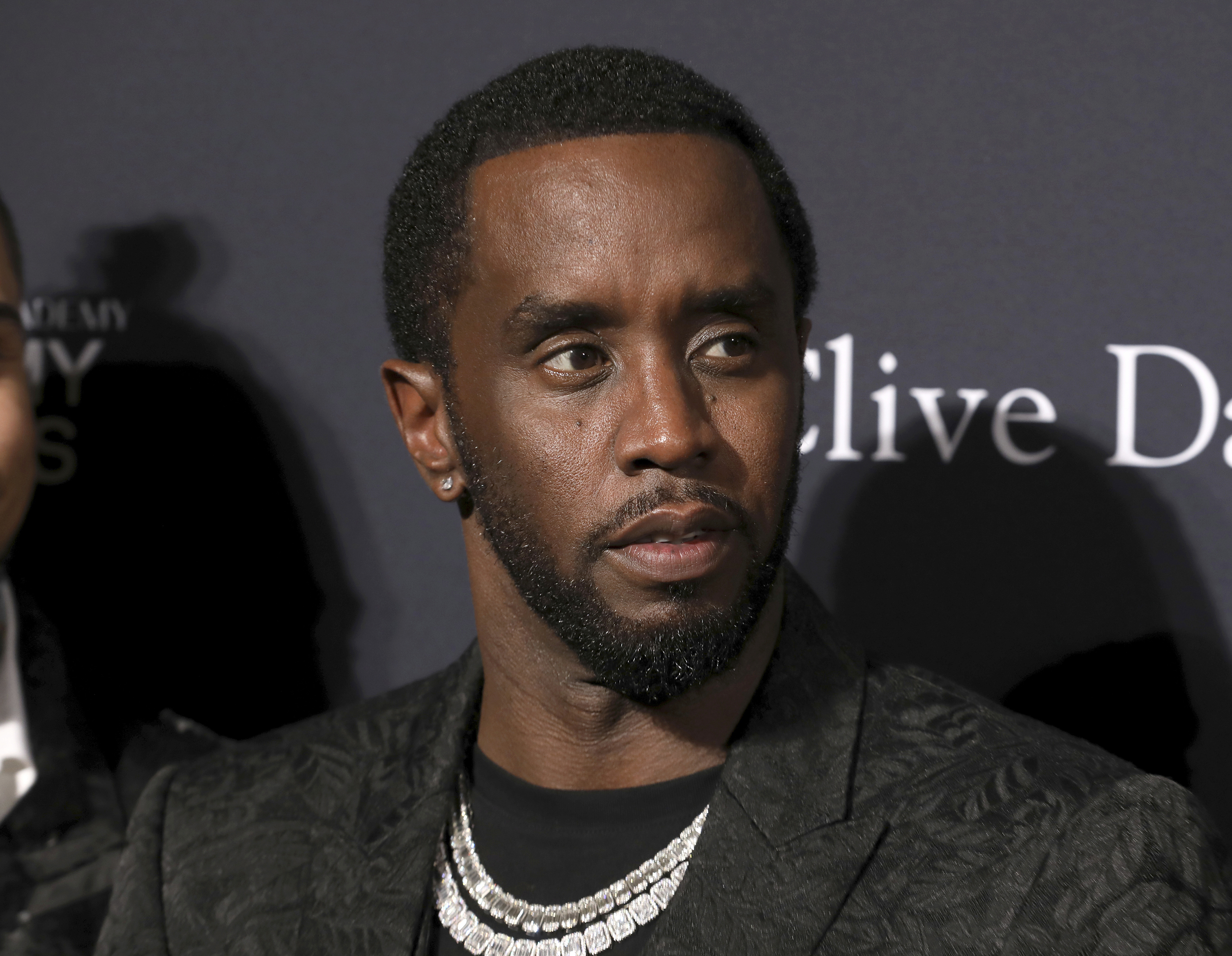When reports of foreign attacks and rising death tolls have the potential to reach children's ears, parents have to decide what — and how much — to tell their children about what is happening in the world.
Many U.S. parents are so overwhelmed by the conflict themselves that they don’t want to broach the topic with their children. After all, it’s natural to want to shield your children from hearing anything remotely scary. But the fact is that whether parents mention the conflict or not, children might hear about it from teachers, friends or other adults.
Stream NBC 5 for free, 24/7, wherever you are.
Parenting expert Dr. Deborah Gilboa told TODAY.com in a previous interview that it’s best to wait until children are 8 or older to talk about serious world events, “but, if they might hear about it anywhere else you might want to talk about it at any age.”
Before you say anything to children, make sure you process your own feelings first.
“A conversation with your child about a big, scary, somewhat incomprehensible topic is not the right place to work out your emotions,” Gilboa said. Take the time to let the information settle before jumping into a conversation with your child.
Think about what you want your child to know or to learn. For example, they likely don’t need to learn specifics about the conflict. Instead, you might want them to know, “The war is far away and we’re safe.”
She also reminded parents they don’t have to have all the answers. Thinking through a problem together helps children learn to navigate ambiguous feelings.
U.S. & World
“It gives them practice thinking about big hard things,” Gilboa said.
She shared advice on how to talk to children age-by-age about war.
Feeling out of the loop? We'll catch you up on the news you need to know with the Chicago Catch-Up newsletter.
Preschool to age 8
For younger children, Gilboa recommended giving them factual information with a personal value. It should be short and clear. Messages could include: “There’s a war far away where there are U.S. soldiers (nearby). We’re safe but it is a big deal.”
If a child asks, “Why are they fighting?” parents can say, “They’re fighting over who should be in charge — but it is far away from here.”
It’s essential for parents to reassure their children and keep an open dialogue.
“It is really helpful to say to your child, ‘When you have more feelings come talk to me.’ Not if, when. When opens the door wider than if,” she said.
Age 8 to 10
Again, Gilboa urged parents to keep the message simple and share a lesson about what’s important to their family.
“It might feel that in your life, or your child’s life, that the message is about safety or being a patriot,” she said.
When children surprise parents with queries about war, it’s OK if you aren’t ready to address it. Simply acknowledge it and then return to it later. Saying something like, “I’m the right person to ask,” helps children understand parents are a trusted source.
“Give yourself breathing room to decide what the lesson is,” she explained.
While a child asking about war might catch parents off-guard, it provides them with an advantage: They know what worries their children.
“You know what the answers they are looking for are,” she said.
Middle school
Parents should start by asking their middle school children what they know about war. Then they can address their children’s specific questions.
“We tend to assume that our kids feel a particular way and we’re wrong a surprising amount of time,” she said. “It lets them start where they are instead of where we think they are.”
Asking questions also allows parents to nudge their children toward facts.
“We can correct any misconceptions,” Gilboa said.
If parents don’t know the answer to something, they should look it up with their children. It offers the added benefit of showing children where to find reliable information and how to think critically about sources.
“When you watch them learn, you get to be a part of the process and part of the conversation,” she explained.
High school students
Parents should start by asking their teens what they know about the current war, and share as much factual information as they can with their values. But then they should ask them how they feel about it and where they get their information.
“Teenagers do want to know what their adults think about it and they are really influenced by it,” Gilboa said. “But they’re also influenced by other people.”
Parents can help their teens “to think critically about where they get their information and their beliefs from.”
For many teens, a potential war means they may worry about being drafted. Gilboa said experts seem to believe the chance of an involuntary draft is very low and parents can reassure them by noting there wasn’t a draft after the attacks of Sept. 11, 2001, for example. But, she said, they also might want to talk to their children about what could happen.
“Ask your teen, ‘If there were a draft, in what way would (you) be comfortable serving our country?’”
Rosie Colosi contributed reporting to this story.
This story was originally published in January 2020 and has been updated.
This story first appeared on TODAY.com. More from TODAY:



